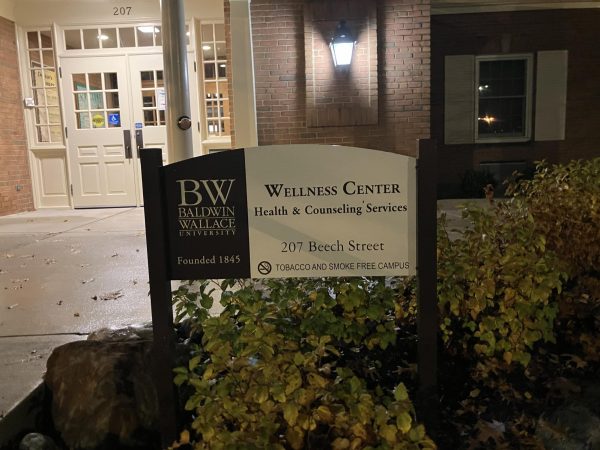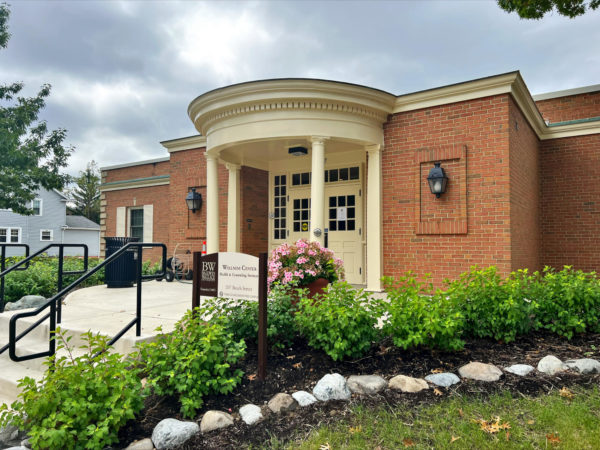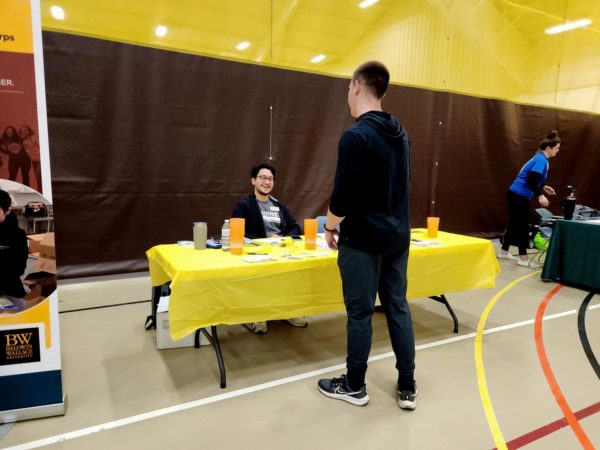Quarantining on Campus
As we begin our seventh week on campus, the Coronavirus situation seems to be relatively under control.
Randomized testing, mask wearing, social distancing, and combining in-person and online learning seem to have successfully averted any major crises from hitting Baldwin Wallace. However, those who have been unlucky enough to have a COVID-19 scare face a rather monotonous period of isolation.
Typically, quarantine for those who have tested positive for COVID-19 lasts for ten days. Students may quarantine together if they have tested positive, but some students may be left by themselves.
For students that have tested negative but were in close contact with those that tested positive, a 14 day quarantine is required. This most commonly occurs among roommates of those who test positive for the virus.
Once a BW resident tests positive, their roommates are immediately tested as well. After results are given, an email is sent with quarantine instructions and isolation begins.
In the case of a six-person suite of first-year residents*, this email came within an hour of finding out everyone’s results.
Three tested positive and three tested negative. The three that tested positive for COVID-19 were told a few different instructions.
The first student was picked up and brought to the building in which she would be staying, but the other two were told to meet an employee outside of the building where they would be staying. Each building was filled with a mix of students in and out of quarantine.
From there on out, the only contact that they had with the University was through dining services. Each morning, a bag containing breakfast, lunch, and dinner was dropped off.
The majority of their time would be filled with homework and trying to stay busy. Upon their return to their dorm, their roommates who tested negative were still in quarantine for four more days. They had a similar experience, but they were able to stay in their own dorm.
Their advice for the rest of campus is simple: “sanitize everything, all of the time”.
They stressed that wearing a mask and following university guidelines is imperative.
While the guidelines and procedures can defend against widespread infection, there is always a risk when it comes to COVID-19.
*Note: Their names have been left out in order to maintain confidentiality.
The Exponent is looking for financial contributions to support our staff and our newsroom in producing high-quality, well-reported and accurate journalism. Thank you for taking the time to consider supporting our student journalists.













































